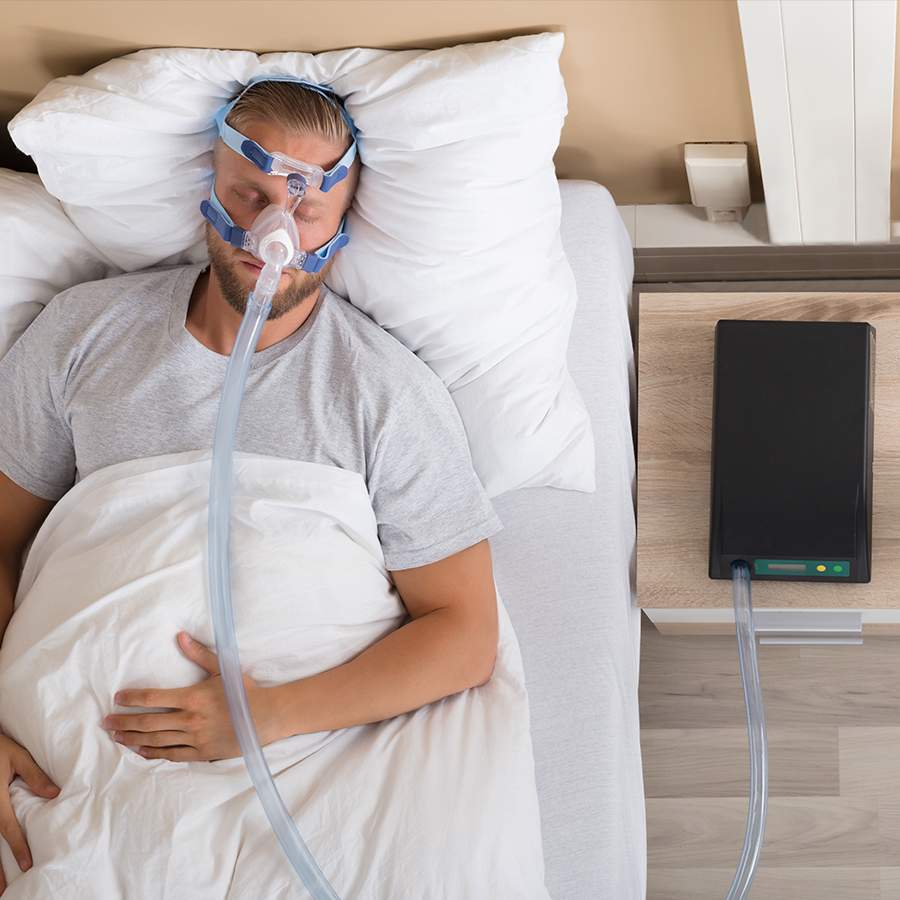Latest Posts
Common Reasons for CPAP Intolerance
Treating Sleep Apnea with Custom Oral Appliances
Common Warning Signs of Obstructive Sleep Apnea
Simple and Effective: NightLase Laser Snoring Therapy
What Is The Best Sleep Position For People With Sleep Apnea?
Archives
September 2020
July 2019
June 2019
May 2019
April 2019
February 2019
December 2018
September 2018
July 2018
May 2018
April 2018
March 2018
February 2018
January 2018
November 2017
October 2017
September 2017
August 2017
July 2017
June 2017
May 2017
February 2017
January 2017
December 2016
September 2016
August 2016
April 2016
March 2016
February 2016
January 2016
December 2015
November 2015
April 2014
March 2014
February 2014
January 2014
Many People Experience CPAP Intolerance
Every year, more and more people suffer from continuous positive airway pressure (CPAP) intolerance. It remains a persistent problem for many sleep apnoea patients. Sleep specialists continue to search for multiple treatment options given the connection with obstructive sleep apnoea..
CPAP has been shown to continuously worsen daytime sleepiness symptoms in those suffering from moderate to severe apnea. Oral appliance therapy is the go-to technique and is a non-invasive option for CPAP intolerance.
For many patients, CPAP intolerance becomes a huge challenge. The disorder could result from underlying problems such as claustrophobia and/or anxiety. In many cases, there may be actual anatomic blocking elements preventing successful delivery of positive pressure.
What Can Be Done to Treat CPAP Intolerance?
A proper ENT examination assesses your airway and locates all obstructions. Patients wearing a nasal mask or full face mask are susceptible to a deviated septum, nasal polyps, and adenoids, causing significant airway resistance in addition to CPAP intolerance. Patients who have large tonsils or elongated soft palates could also suffer from CPAP intolerance.
Obstructive sleep apnea/hypopnoea syndrome (OSAHS) is the most common type of disorderly breathing during sleep. It is characterized by repeated cases of upper airway blockage. This problem is usually managed through general and specific measures such as avoiding alcohol, positional therapy, and weight loss.
CPAP has been accepted as the preferred choice for treating OSAHS. Also highly recommended is the CPAP unit – a machine that delivers slightly pressurized air through a pipe hooked to a mask worn while the patient sleeps. The flow of air behaves like a splint, ensuring that your upper airway is kept open, thus preventing apnea from settling in.
This is considered the ‘gold standard’ in OSA (Obstructive Sleep Apnea) treatment. However, studies point out that just 23% to 45% of all CPAP prescribed patients use the machine regularly. To add to the issue, CPAP use goes on for just four to five hours on average compared to the seven to nine hours of recuperative sleep needed on a daily basis.
To find out if you are an eligible candidate for a CPAP unit, you should schedule a consultation with your nearest sleep specialist. Many specialists offer a home-based sleep test to determine your candidacy for oral appliance therapy. This test may also prove effective to calibrate an existing device or measure just how well your oral sleep device addresses all your sleep disorders.
Why Does CPAP Intolerance Occur?
There are a number of reasons why CPAP intolerance may occur and they include:
-
Claustrophobia
-
Noise from the CPAP machine causing disturbance to the patient
-
Uncomfortable headgear and straps
-
Allergies to the latex
-
Mask leaks
CPAP equipment has improved immensely since the first device invented. Constant improvements are being made to CPAP masks as well. In case you tried CPAP and discovered it may not be working for you, you might have to opt for an oral appliance.
Contact Our Office
The Snore Center is dedicated to helping you achieve a comfortable and restful sleep by providing innovative sleep services to people in need of it. If you’re interested in learning more about the options available to you, contact our office to schedule your consultation today.
Posted by jason on May 31st, 2019 6:20 pm
Filed under General. You can follow any responses to this entry through the RSS 2.0 feed. Both comments and pings are currently closed.
Comments are closed.

CPAP/APAP
HOW DO I USE A CPAP?
Positive Airway Pressure (PAP) is considered by many the gold standard for the treatment of sleep apnea, especially for very severe cases. The CPAP and APAP machines are designed to increase air pressure going through the throat. This prevents the airway from collapsing during inhalation. At Snore Experts, we have helped countless patients get a good night’s rest using CPAP treatments to treat their sleep apnea. The goal of positive airway pressure is to keep the airway from collapsing using air pressure.
